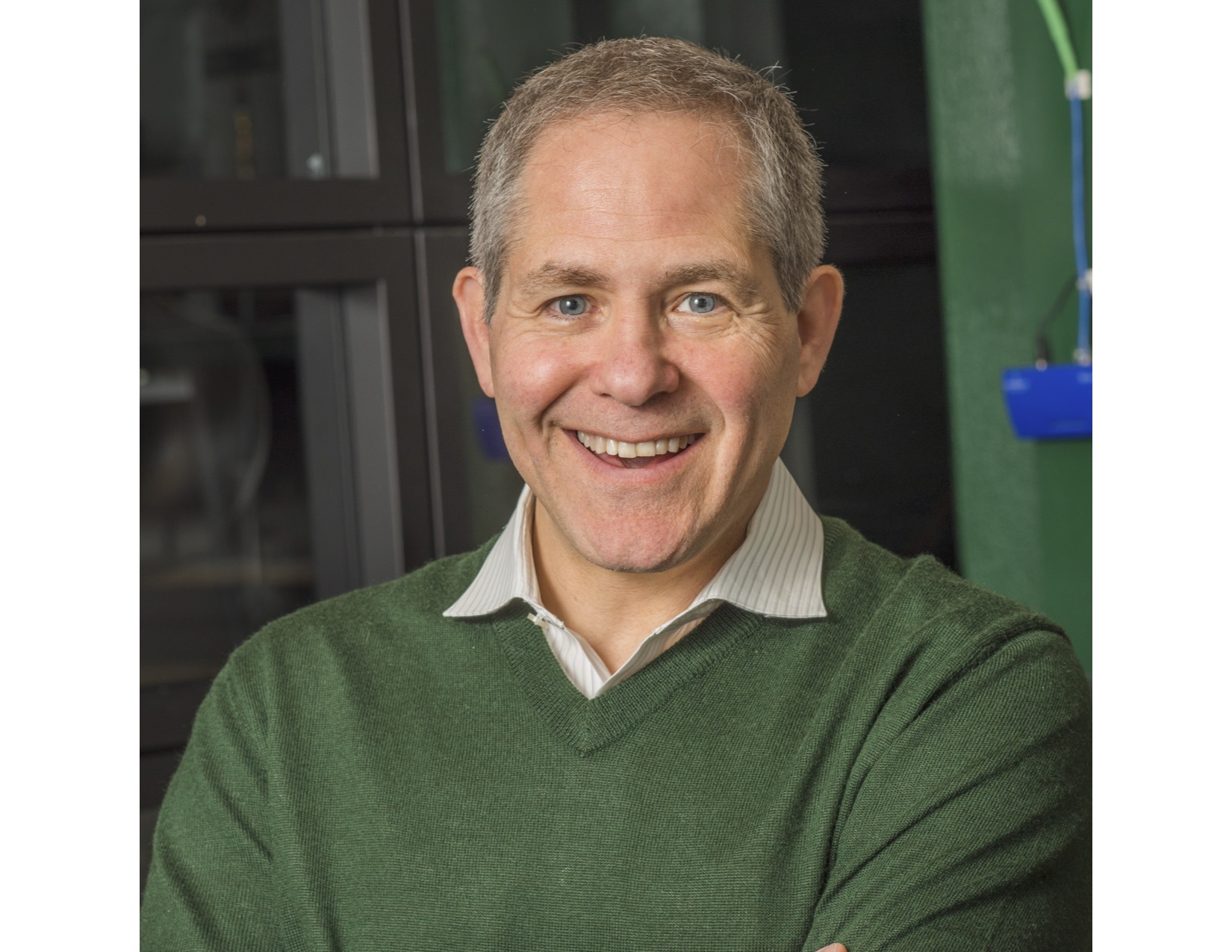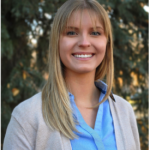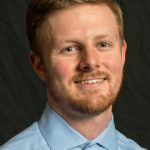About the Seminar
Chemists have always known that chemical reactions involve bond formation and bond breaking events. Femtosecond time-resolved measurements have provided the timescales of fundamental bond breaking and bond forming processes; been used to confirm reaction mechanisms in a wide range of systems (organic, inorganic, biological, atmospheric, etc.); and been instrumental to test electronic structure calculations as well as molecular dynamics simulations. However, there are some chemical reactions that are very difficult to study with femtosecond time resolution. This talk will focus on the reaction dynamics of molecules far-from-equilibrium. In particular, the multiple reactions that follow when a molecule absorbs tens of electron volts of energy following electron scattering, a situation that occurs in every electron-ionization mass spectrometer. Early theories have failed to predict the fragment ion patterns following electron ionization because the assumption of fast intramolecular energy distribution prior to fragmentation. Lack of dynamic information has prevented scientists from determining how fast the energy distributes and how it affects bond breaking, forming, and rearrangements. Therefore, currently predicting the fragmentation pattern of a given molecule is almost impossible. Similarly, identifying a molecule based on its mass spectrum is only possible if its spectrum is already found in a database. The difficulty of these two tasks stems from our lack of knowledge about reaction dynamics far-from-equilibrium. I will present femtosecond time-resolved measurements of multiple simultaneous reaction pathways [1] that reveal surprising examples of unexpected pathways that include roaming moieties [2], concerted dynamics, and intramolecular rearrangements, all occurring prior to intramolecular energy redistribution.
- Jochim, L. Dejesus, M. Dantus, “Ultrafast disruptive probing: simultaneously keeping track of tens of reaction pathways,”, Rev. Sci. Instr. 93, 033003 (2022).
- Ekanayake, et al, “H2 roaming chemistry and the formation of H3+ from organic molecules in strong laser fields,” Nat. Commun. 9, 5186 (2018).
About the Speaker
Marcos Dantus is a University Distinguished Professor and MSU Foundation Professor at Michigan State University. He is affiliated with the Department of Chemistry and the Department of Physics and Astronomy. Dantus obtained his undergraduate and master’s degree in chemistry from Brandeis University (1985). He completed his Ph.D. (1991) and postdoctoral training (1993) at The California Institute of Technology in 1991 where he designed and built the first femtosecond laser system to study ultrafast fundamental chemical processes, and the first ultrafast electron diffraction system. This work was recognized by Caltech’s Milton and Francis Clauser Doctoral Prize, and was cited in the 1999 Chemistry Nobel Prize given to his research advisor Ahmed Zewail.
Dantus is an accomplished scientist, inventor, and entrepreneur with 253 publications (h-index = 61), 33 issued and 5 pending patents. He is a pioneer in the use of spectrally and temporally shaped ultrafast pulses and the inventor of revolutionary laser optimization instruments. His entrepreneurial endeavors include the commercialization of instruments that improve the performance of lasers, biodegradable packaging materials, and the development of fuel additives to reduce harmful emissions and improve combustion efficiency.
Dantus’ honors include election as a fellow of the National Academy of Inventors, the Optical Society of America, and the American Physical Society.



